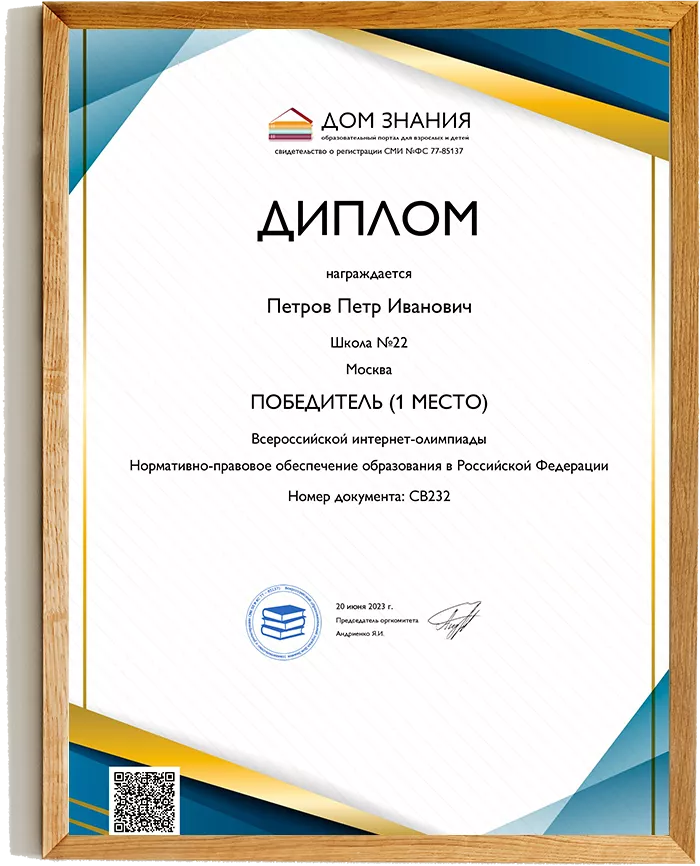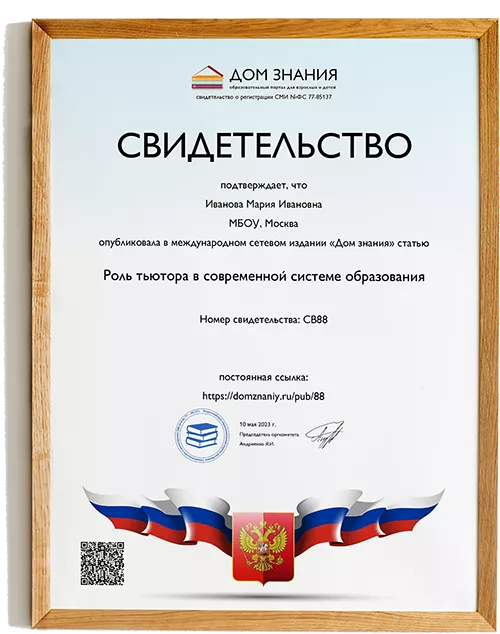TED talk with an open-water swimmer
Note: Doing all of the activities below should take over 70 minutes, so the teacher can do it in a double lesson or in two single lessons.
Warm-up and brainstorming, vocabulary revision and expansion. 15’
Today we’re going to listen to a girl who does something quite unusual. Before it, let us speak about the things we do and the qualities that we need to do them. For example, some of you sing in the choir. What qualities do you need to do this? (Elicit the answers from students: good ear for music, singing voice, patience, team spirit,…)
Let’s brainstorm for various kinds of activities. Think of the activities you, your parents, siblings and friends are engaged in. Write them down in the table under the headings do/play/go.
Add more activates from Spotlight 10 SB ex.1 p.30 and copy this table to your copybooks.
Now let’s think of the personal qualities you need to do these activities. For example, Tanya enjoys acting in a drama club. What kind of person is she? (creative, imaginative, sociable,…determined, courageous, resilient-стойкий). Brainstorm for the qualities one needs to do some of the activities above (Teacher or students write down the qualities on the board).
Add more traits of character from Spotlight 10 SB ex.2 p.30 and make sentences like “Adventurous people enjoy/love/ are keen on white-water rafting.” (PAIRWORK) Write 2 sentences you’ve made.
TED Talk about
Bhakti Sharma and qualities open-water swimming demands from you
5’
Listen to the introduction: Which qualities did you hear? (courage, determination, single-minded vision – Упертость, несгибаемость). Can you predict what kind of activity Bhakti Sharma does?
Look at the speaker (0.17). How old is she? What nationality is she?
Pre-listening
.
5’
You’ll hear this sentence (write on the board): Before I knew it, I would be kicking, splashing, screaming, gulping down water, holding onto my mom for my dear life.
What might she be speaking about? (how she learnt to swim). Listen to check (00.45-1.11). Can you now guess what activity she does?
Listening
1 and 2
.
10’
1.11 – 1.38 Listen to her achievements, then listen again to fill in the gaps in the table and in the text.
I started pool-swimming when I was two and a half, and open water swimming when I was 14 years old. And so I have given over 25 years of my life to this sport, during which I have swum in all five oceans of the world, crossed the English Channel -- which is also known as the Mount Everest of swimming -- and set a world record in the freezing Antarctic ocean.
Speaking
and listening (
1.41 – 3.07
)
7’
Here are some sentences from her talk. Discuss in pairs what she’s talking about. Then listen to check.
It becomes a mirror (sport) 4.30 in the morning (gets up) 3 hours (after school)
the tears that you shed all by yourself lonely infinite, seemingly bottomless
thinking, feeling, imaginative human-being don’t talk, don’t hear, don’t see very well
my sport’s biggest gift to me is …
Prediction, listening, writing (
3.0
8
- 04.23
)
10’
Bhakti will say about the different sides of her nature shown in different situations. Match parts of sentences from the two columns, listen to check, then listen again to hear how they are connected (I saw, I witnessed), make sentences and write down two of them.
4.25
– 5.50
How do you think water in the Antarctic Ocean is different from the water in other oceans? (
density
)
How did she cope with it? (
pre-reach
‘
stroke
’
)
3’
5.52 – 6.15
Is it a good thing to be alone? Listen to what Bhakti thinks.
3’
6.15 – 6.30
What dangers can you think of when you swim in an ocean? (
whales, sharks, jellyfish, demotivating people, fear, negativity
)
3’
6.30 - 7.11
What questions can the “internal demons” ask you?
Listen to complete the sentences below.
5’
_______________ not good enough.
_________________ reach the other shore.
_______________ trained enough.
___________ you fail?
____________ people think?
I’m sure ___________________ how slow you are.
Writing.
7’
Do you agree with B.S. that internal challenges are more difficult than external? Free writing: write 2-3 sentences about it.
H/W a) Be ready to speak about Bhakti Sharma (how she learned to swim, her achievements, different sides oh her nature).
b) Look through the worksheet and underline the phrases you can use speaking about yourself.
c) Write about yourself:
- how you learnt to do something,
- describe what kind of activity you do,
- what qualities this activity requires from you (How much time does it take? Do you need to go anywhere or can you do it at home? Do you have to keep to a schedule?)
- what sides of your nature this hobby develops, what dangers/challenges there are.


